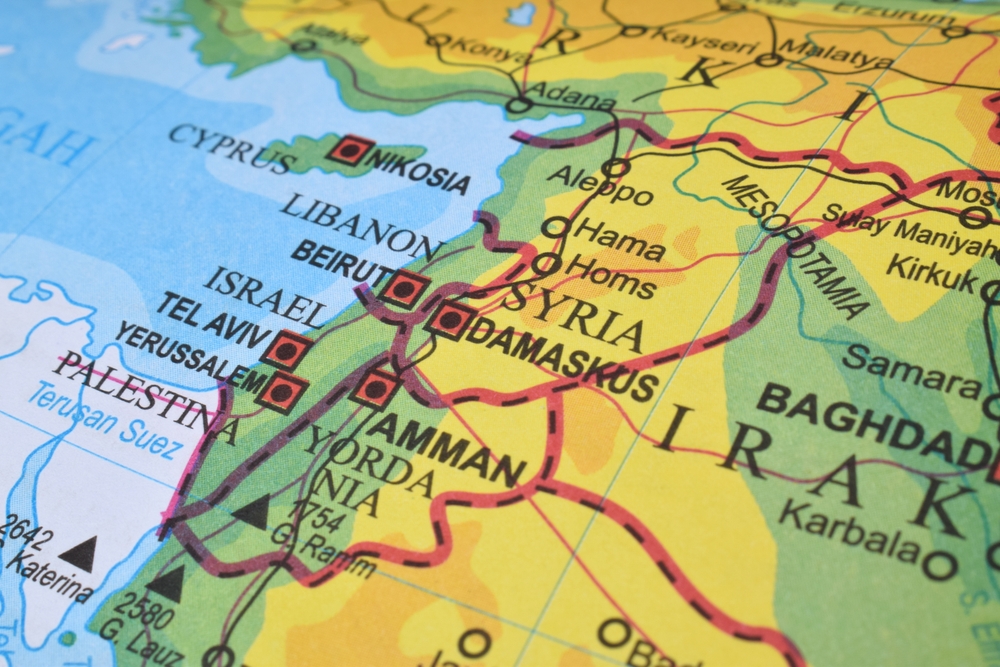Syrian President Bashar al-Assad’s unexpected exit has plunged the nation into chaos, with rebel forces seizing control of key cities and reshaping the balance of power in the Middle East.
Assad’s Fall: A Turning Point in Syria’s Civil War
The Syrian civil war, which has been the 21st century’s most protracted and second-deadliest conflict, has taken a dramatic turn. After 13 years of brutal fighting, President Bashar al-Assad’s regime has collapsed, marking the end of a 50-year dynasty. This sudden shift has left Syria in unprecedented instability, with various factions vying for control.
The fall of Bashar al-Assad's regime in December 2024 marks a historic moment for Syria, opening up new opportunities but also significant challenges. After more than a decade of civil war, the country is in a transitional phase where reconstruction and stability remain distant… pic.twitter.com/UVBLrUtbYs
— L’Europeista (@leuropeista) December 8, 2024
The offensive that led to Assad’s downfall was spearheaded by Hayat Tahrir al-Sham (HTS), a group with roots in al-Qaeda. Despite its controversial background, HTS has managed to capture Aleppo, a strategic stronghold, dealing a significant blow to Assad’s power base. This rapid advance has been attributed to the weakening support from Assad’s traditional allies, Russia and Iran, who are currently preoccupied with other regional conflicts.
A power vacuum and instability in #Syria pave the way for growth of #terrorism, organized crime, & threat to regional & even #European security. Syria is key to Western Asia stability, and global community must prevent tension and support peace & unity in Syria.
— Nournews English (@nournewsen) December 2, 2024
Humanitarian Crisis and Security Concerns
The resurgence of violence has exacerbated an already dire humanitarian situation. Over 800 people have been killed in recent clashes, adding to the staggering toll of a war that has claimed over 300,000 lives. The conflict has also displaced 12 million Syrians, creating one of the most significant refugee crises in modern history.
“Much as I oppose the Assad regime, its atrocities, and abuses, what is happening in Aleppo right now is terrifying. Many will die.” Chris Doyle.
Of immediate concern is the security of Syria’s chemical weapons stockpiles. International efforts are underway to prevent these weapons from falling into the hands of extremist groups. Turkish Foreign Minister Hakan Fidan emphasized this priority, stating, “Any possible chemical weapons inventory or related materials must be secured.”
Regional Power Dynamics in Flux
The fall of Assad’s regime has created a power vacuum that threatens to destabilize the entire region. Various groups, including Kurdish-led militias, Turkish-backed factions, and other opposition forces, are now competing for influence. This shifting landscape has major implications for regional powers such as Turkey, Iran, and Russia, who have long been involved in the Syrian conflict.
“For once, the use of the word “historic” is justified in describing the toppling of Bashar al-Assad’s regime after more than 50 years of brutal dictatorship, 13 years of on-off civil war, and a world of suffering.” Simon Tisdall.
Turkey, in particular, is believed to have supported the HTS-led offensive, using the Syrian National Army as its main proxy. This move aligns with Turkey’s longstanding goal of addressing the Syrian refugee crisis within its borders. However, the situation remains volatile, with no clear path to stability.
International Response and Future Prospects
The international community finds itself at a crossroads, grappling with how to address the evolving situation in Syria. The fall of Assad coincides with Donald Trump’s return to the White House, adding another layer of complexity to U.S. involvement in the region. Trump had previously sought to withdraw U.S. troops from Syria, famously declaring, “It’s not our fight.”
As the world watches, Syria’s future hangs in the balance. Establishing a new, inclusive administration is crucial to prevent further bloodshed and instability. Turkish Foreign Minister Hakan Fidan emphasized this: “The new [Syrian] administration must be established orderly. The principle of inclusiveness must never be compromised. There must never be a desire for revenge.”
The collapse of Assad’s regime marks a significant turning point in the Syrian conflict and Middle Eastern politics. As the dust settles, the international community must work diligently to ensure that this power shift leads to peace and stability rather than further chaos and suffering for the Syrian people.
Sources:
https://www.theguardian.com/commentisfree/2024/dec/08/bashar-al-assad-syria-middle-east

